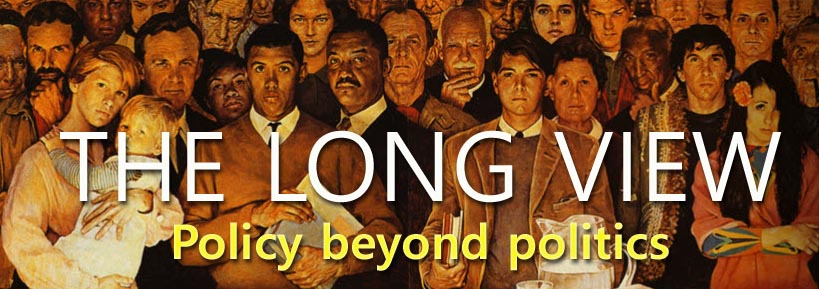Among the finest arts in which the English-speaking tradition excels perhaps the most revealing is that of the debate. To make my point clear I must ask the reader to watch some video samples that illustrate it along this article.
In the first video above, recorded at the Oxford Union, British MP Daniel Hannan debates defenders of the Occupy Wall Street movement from US and UK.
Regardless of our opinion on the subject matter -expounded with an unusual clarity by Hannan and his rivals- three key principles that make the debate worthy stand out:
- Clear concepts
- Clear presentation
- Self-deprecating and reflexive humor
In a good debate done according the English tradition, debaters and public engage actively in exploring, testing and challenging ideas. Debaters might get most of the spotlight, but even those watching a video recorded years before become engaged in a superior mental exercise akin to a fencing match of minds. Even better for those who experience a change of mind as they let the arguments and counter arguments sink in and shed light over different sides of a problem, for that is the ultimate, Socratic intention of the English debate.
Debaters not only must present their points using clear and compelling examples, analogies and evidence with ease and humor but listen actively to their opponents'. Replies are much more important than assertions. They must be delivered showing respect and empathy for the legitimacy of the rival thought before turning it around or upside down to drive the point in the audience's minds.
In the second example, taken from Intelligence Squared, a Catholic Bishop, a Conservative MP, the notorious atheist Christopher Hitchens and gay actor and dramatist Stephen Fry show different ways to argue their extremely opposed views without talking past each other nor losing respect for their opponents.
Finally, the last three pieces from Oxford Union show how radically opposite views can be debated without losing respect for the opponent.
Three different positions on Occupy Wall Street from
PM Daniel Hannan
Three different positions on Occupy Wall Street from
Cornell West
PM Daniel Hannan
And Anthony Fry
In all the cases, notice how each debater listens carefully to the opposing arguments before addressing them and drives his or her points by turning them around. When that's not possible, the rebuttal fails and the point is conceded.
It takes many centuries to distill a true civil society. And many years of formal education to learn the rules for fruitful disagreement.
Oxford Union and Intelligence Squared are two of the finest sources to learn more about the art of the debate so sorely missing in our public life today.

